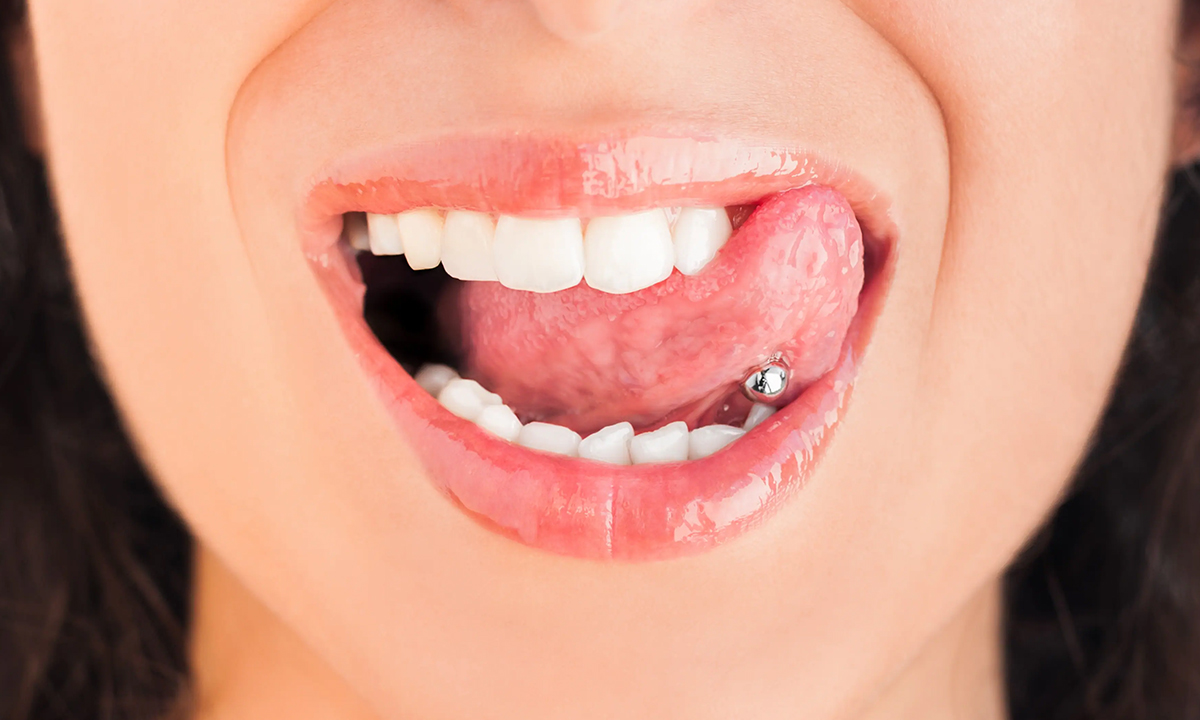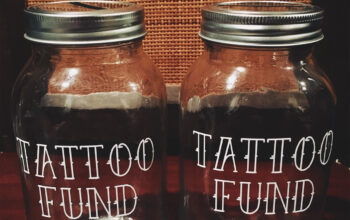The Dos and Don’ts of Oral Piercing Aftercare
Oral piercing is a popular form of self-expression that involves piercing the tongue, lips, cheeks, or uvula. While the piercing process is relatively straightforward, it is crucial to take proper care of your piercing after the procedure to ensure quick healing and prevent infections. In this article, we will discuss the dos and don’ts of oral piercing aftercare to help you take good care of your piercing.
What is the best way to heal oral piercing?
The best way to heal oral piercing is to follow proper aftercare guidelines. The healing time for oral piercings varies depending on the location of the piercing, the individual’s immune system, and their adherence to aftercare instructions. On average, most oral piercings take between four to eight weeks to heal fully.
What aftercare should I use?
Oral piercings have become increasingly popular over the years as a form of self-expression, but they require proper aftercare to ensure a successful healing process. One of the most crucial aspects of oral piercing aftercare is the use of mouthwash. While there are various types of mouthwash available on the market, rock salt or alcohol-free mouthwash is often the best option for healing oral piercings. In this article, we will discuss why rock salt or alcohol-free mouthwash is the best choice for oral piercing aftercare.
What is rock salt or alcohol-free mouthwash?
Rock salt mouthwash is a solution made of water and natural rock salt, which is rich in minerals and has antibacterial properties. It is often used as a home remedy for sore throat, gum infections, and other oral health issues. On the other hand, alcohol-free mouthwash is a mouthwash that does not contain alcohol, which is often used as a preservative in oral care products. Alcohol-free mouthwash may contain other ingredients such as fluoride, essential oils, and antibacterial agents.
Why is rock salt or alcohol-free mouthwash best for healing oral piercings?
- Gentle on the piercing: Oral piercings can be sensitive and easily irritated, so using a gentle mouthwash can help prevent further irritation and promote healing. Rock salt or alcohol-free mouthwash is gentle on the piercing and does not contain harsh chemicals that can irritate the piercing.
- Antibacterial properties: Rock salt contains natural antibacterial properties that can help fight off infection and reduce inflammation. Alcohol-free mouthwash also contains antibacterial agents that can help prevent infection and promote healing.
- Does not dry out the mouth: Alcohol-containing mouthwash can be drying to the mouth, which can delay the healing process of oral piercings. Rock salt or alcohol-free mouthwash does not dry out the mouth and can help maintain proper hydration levels.
- Cost-effective: Rock salt mouthwash is a cost-effective option for oral piercing aftercare. It is inexpensive and can be easily made at home with natural rock salt and water. Alcohol-free mouthwash is also an affordable option that can be found in most drugstores.
- Recommended by professionals: Many piercing professionals recommend the use of rock salt or alcohol-free mouthwash for oral piercing aftercare. These types of mouthwash have been shown to be effective in reducing the risk of infection and promoting healing.
What should I do after getting my mouth pierced?
After getting your mouth pierced, there are several things you should do to take care of your piercing, including:
- Clean the piercing: Rinse your mouth with a sea salt solution or an antiseptic mouthwash at least twice a day to keep the piercing clean and reduce the risk of infection.
- Ice the area: To reduce swelling and discomfort, apply an ice pack or a cold compress to the pierced area for the first 24 to 48 hours.
- Eat soft foods: Eat soft, non-spicy foods, and avoid anything that may irritate the piercing, such as acidic or spicy foods.
- Drink plenty of fluids: Drink plenty of water and avoid alcohol and caffeine.
- Avoid touching the piercing: Avoid touching the piercing with your hands or playing with it, as this can introduce bacteria and delay the healing process.
What can I eat after oral piercing?
After oral piercing, it is essential to eat soft, non-spicy foods that will not irritate the piercing. Some good food choices include:
- Soups and broths
- Puddings and yogurts
- Smoothies and shakes
- Scrambled eggs or omelettes
- Mashed potatoes or sweet potatoes
- Soft fruits, such as bananas or cooked apples
- Cooked vegetables, such as carrots or green beans
Can you smoke with fresh oral piercing?
It is not recommended to smoke with a fresh oral piercing, as smoking can introduce bacteria and irritate the piercing, making it more susceptible to infection. Additionally, smoking can slow down the healing process, and the chemicals in tobacco smoke can cause inflammation and delay the healing of the piercing.
How bad does a tongue piercing hurt on a scale of 1 to 10?
The pain level of a tongue piercing varies from person to person. On a scale of 1 to 10, some people report a pain level of 2 or 3, while others describe the pain as a 7 or 8. The piercing process itself is quick, and the pain usually subsides within a few seconds after the piercing is complete.
Do you have a lisp after a tongue piercing?
It is common to experience a slight lisp or speech impediment after getting a tongue piercing, as the tongue is swollen and sore. The swelling and soreness can affect your ability to speak clearly for a few days, but the lisp should go away once the piercing is fully healed.
How does a tongue piercing feel during oral?
During oral sex, a tongue piercing can provide additional stimulation for both partners. However, it is essential to take proper care of the piercing and avoid any rough or vigorous movements that could cause injury or delay the healing process. It is also important to use a dental dam or other barrier method to reduce the risk of transmitting infections.
I hope you have found this article about The Dos and Don’ts of Oral Piercing Aftercare and check out some of our other helpful blog posts while your here.




